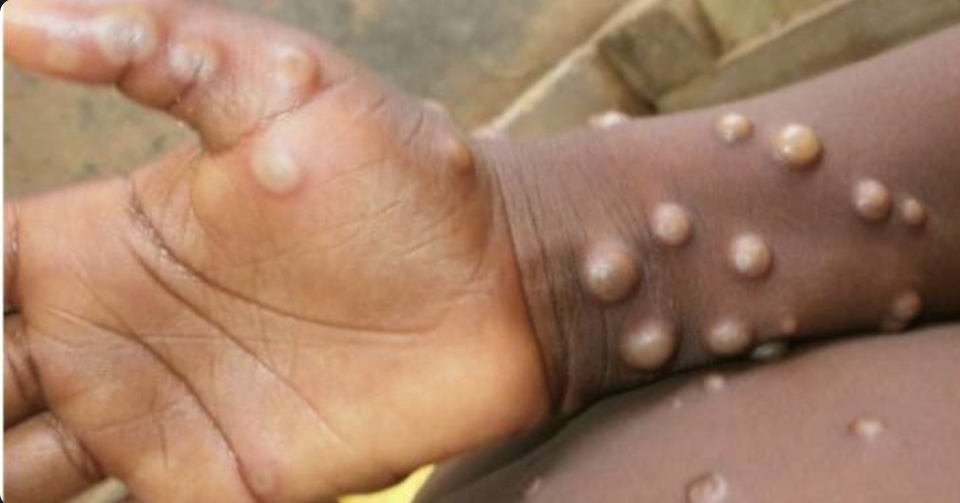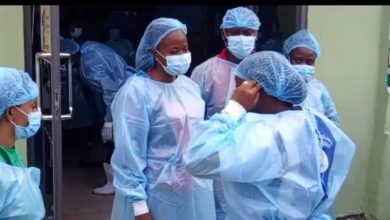Ghana confirms second Monkeypox case; health authorities monitor contacts

Ghana has confirmed its second case of Mpox, bringing the total number of cases in the country to two. The latest patient is the mother of a 15-year-old boy who was diagnosed with the first confirmed case of Mpox in September. Health authorities are now closely monitoring both the boy and his mother to prevent further spread of the virus.
The Deputy Director of Disease Surveillance at the Ghana Health Service (GHS), Dr. Dennis Laryea, assured the public that all necessary measures are being taken to contain the virus. He emphasized that health officials are vigilant in their efforts to manage the situation and prevent any potential outbreak.
Mpox, also known as Monkeypox, is a viral infection spread through direct contact with an infected person or contaminated surfaces. Symptoms typically include fever, rashes, and swollen lymph nodes. Health officials are urging the public to remain alert, follow hygiene protocols, and report any suspected symptoms to healthcare providers immediately.
The Ghana Health Service has intensified public awareness campaigns and is collaborating with local health facilities to ensure preparedness for any future cases. Additional resources have also been deployed to trace contacts, especially within the affected communities.
According to Dr. Franklyn Asiedu-Bekoe, Director of Public Health at the GHS, the mother of the 15-year-old boy was among the 25 contacts traced after her son’s diagnosis. These contacts are being monitored for a period of 21 days, during which they will be observed for any signs of the virus. If any further cases are confirmed, they will be managed promptly. Other contacts linked to the mother are also being traced as part of efforts to curb the spread of the virus.
Ghana’s first confirmed Mpox case was reported in the Western North region, following 230 suspected cases tested across 88 districts in all 16 regions of the country. All these tests, however, came back negative, except for the boy’s case.
In response to the growing concerns, health authorities have strengthened their awareness campaigns and enhanced security at all points of entry into the country to prevent further importation of the virus. The general public has been advised to report any cases of suspicious skin lesions to the nearest health facility and avoid self-medication.
While the Ghana Health Service has yet to issue an official statement on the second case, it continues to monitor the situation closely.




